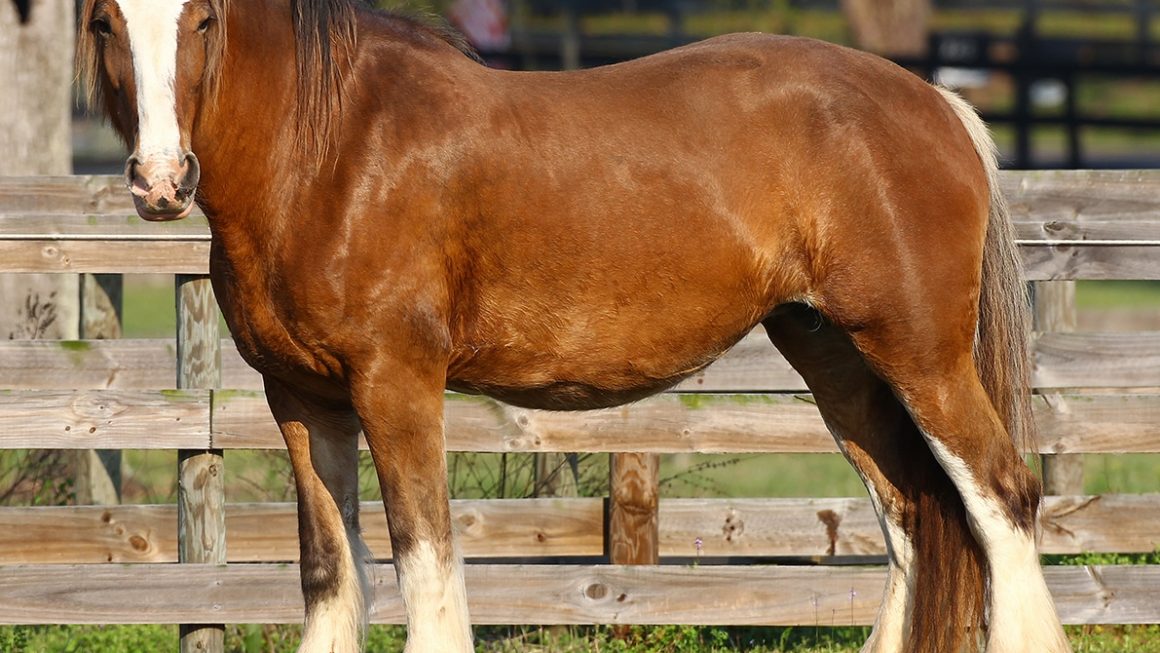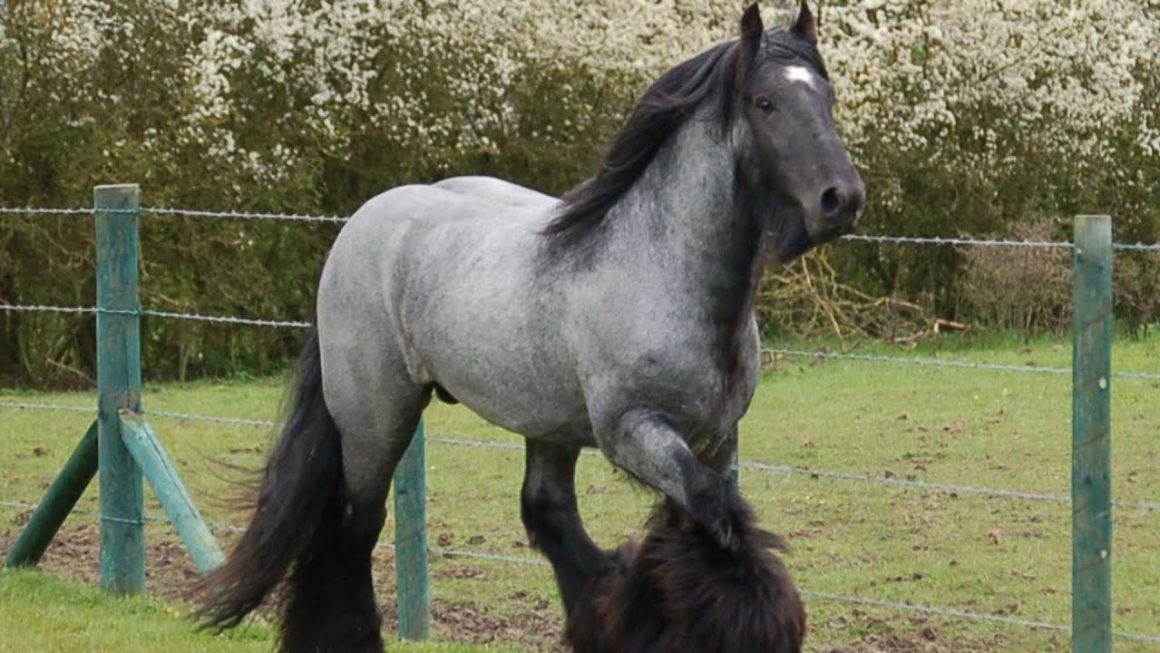Horse flies are a common nuisance for horses, livestock, and even humans. These large, dark-colored flies with imposing eyes are known for their painful bites and relentless pursuit of blood meals. They are found all over the world, with over 3500 species of horse flies recorded. As summer approaches, many people wonder when these pesky insects will finally die off. In this article, we will delve into the life cycle and seasonal patterns of horse flies to understand when they die off and how to effectively manage them.
Seemore: Can Horses Eat Grapes? – All Important Things You Should Know
The Life Cycle of Horse Flies

Horse flies undergo a complete metamorphosis, similar to other flies such as houseflies and mosquitoes. This means that they go through four distinct stages in their life cycle: egg, larva, pupa, and adult. The length of each stage can vary depending on environmental conditions, but on average, the entire life cycle of a horse fly takes 2-3 months.
Egg Stage
The female horse fly lays her eggs near bodies of water, such as streams, ponds, or wetlands, where the larvae can easily access food. A single female can lay up to 500 eggs in her lifetime, usually in batches of 25-100 eggs at a time. The eggs are small and oblong-shaped, and they typically hatch within 7-10 days.
Larval Stage
Once the eggs hatch, the larvae emerge and begin to search for food. Horse fly larvae are aquatic, meaning they live in the water, but they can also be found in damp soil or decaying plant matter near the water’s edge. They are carnivorous and primarily feed on other insects and small aquatic organisms. During this stage, they molt several times, growing larger with each molt.
One interesting fact about horse fly larvae is their unique hunting behavior. They have a unique breathing tube that they use to snorkel above the water’s surface while searching for prey. Once they spot a potential meal, they use their powerful jaws to grab and immobilize it before pulling it underwater to devour it.
Pupa Stage
After a few weeks of feeding, the larvae will enter the pupa stage. During this stage, they are no longer actively feeding, and instead, they develop into adult flies. The pupal stage can last anywhere from 10 days to several weeks, depending on environmental conditions such as temperature and humidity.
Adult Stage
Finally, the adult horse fly emerges from the pupal case, ready to continue the cycle of reproduction. Male horse flies typically live for about 2-3 weeks, while females can live up to a month. However, their lifespan can be significantly shortened if they do not have access to blood meals.
Seasonal Patterns of Horse Flies
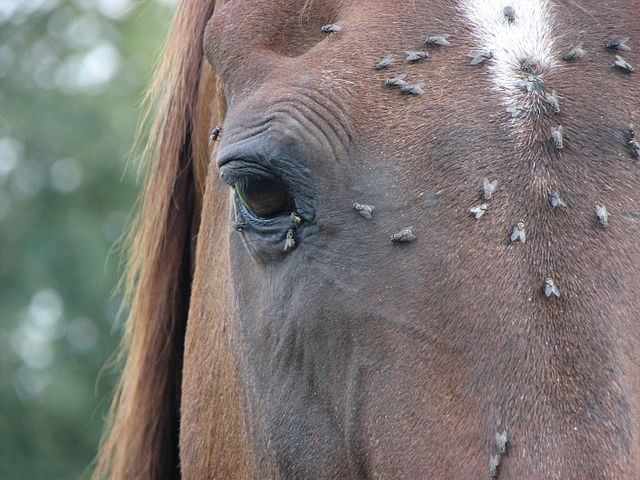
Understanding the seasonal patterns of horse flies is crucial in predicting when they will die off and how to control their populations effectively. Horse flies are most active during the summer months, with peak activity occurring in late June and July. This is because the warm weather and increased humidity provide ideal conditions for their development and reproduction.
During the spring and early summer, female horse flies will emerge from hibernation and begin to lay eggs. These eggs will hatch into larvae, which will then go through their developmental stages until they become adults. As the summer progresses, the number of adult horse flies increases, making them more noticeable and troublesome for humans and animals alike.
By late summer and early fall, the number of horse flies starts to decline. This is because many of the adults have either died or gone into hibernation. Female horse flies that have laid eggs earlier in the season will also start to die off, completing the life cycle.
In some regions, horse flies may have a second generation in the fall, but this is not as common and typically only occurs in warmer climates. As winter approaches, most horse flies will die off, and the cycle begins again in the spring.
Preventing and Managing Horse Flies
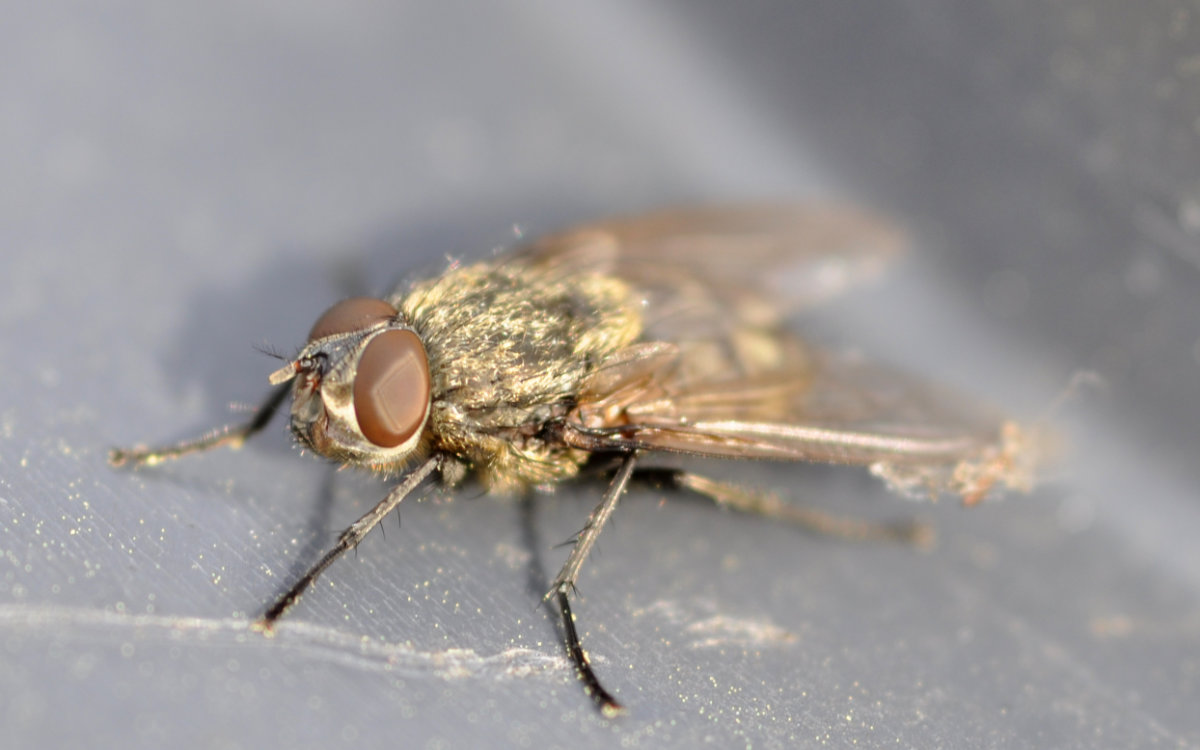
Horse flies can be challenging to control due to their strong flying ability and preference for large animals such as horses and cattle. However, there are some measures you can take to prevent and manage horse fly populations on your property.
1. Eliminate Breeding Sites
As mentioned earlier, horse flies lay their eggs near bodies of water, so eliminating or reducing standing water sources near your property can help reduce their numbers. You can also use larvicide products specifically designed for horse flies to treat areas where larvae may be developing.
2. Use Traps
Traps can be an effective way to capture adult horse flies and reduce their numbers. There are many commercial traps available, or you can make your own by placing a dark-colored ball or bucket with a sticky substance near areas where horse flies are commonly seen. The flies will mistake it for an animal and get stuck, eventually dying.
3. Protect Your Animals
If you have horses or other livestock, protecting them from horse flies is crucial. You can use fly sprays and insect repellents specifically designed for horses, and coverings such as fly sheets and masks can also provide protection.
4. Keep Your Yard Clean
Regularly mowing your lawn and keeping it free of debris and vegetation can help reduce the number of horse flies. Horse flies prefer to rest in tall grass or shady areas, so keeping your yard tidy can make it less attractive to them.
5. Use Natural Predators
Some birds and insects, such as dragonflies and robber flies, are natural predators of horse flies. By encouraging these creatures to live on your property, you can help reduce the horse fly population.
FAQs about Horse Flies
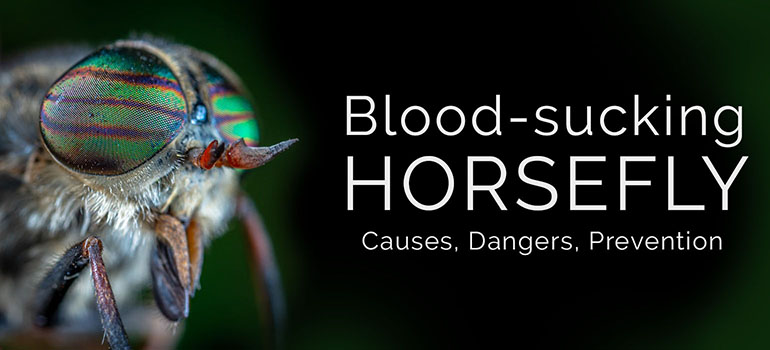
Q: Do horse flies die off in the winter?
A: Yes, most horse flies will die off in the winter, with only a few species having a second generation in the fall. However, some species may also hibernate during the winter and emerge in the spring.
Q: Are horse flies attracted to certain colors?
A: Yes, horse flies are attracted to dark colors, especially black and blue. This is why they are commonly seen around dark-colored animals such as horses and cows.
Q: Do horse flies spread diseases?
A: While horse flies can transmit diseases to animals, they are not known to spread diseases to humans.
Q: Can horse flies bite through clothing?
A: Yes, horse flies have strong mouthparts that can easily bite through clothing, making it important to wear protective gear when in areas where horse flies are present.
Q: Can horse flies be beneficial for anything?
A: Horse flies play a role in pollination and can also serve as prey for other animals, such as birds and insects.
Conclusion
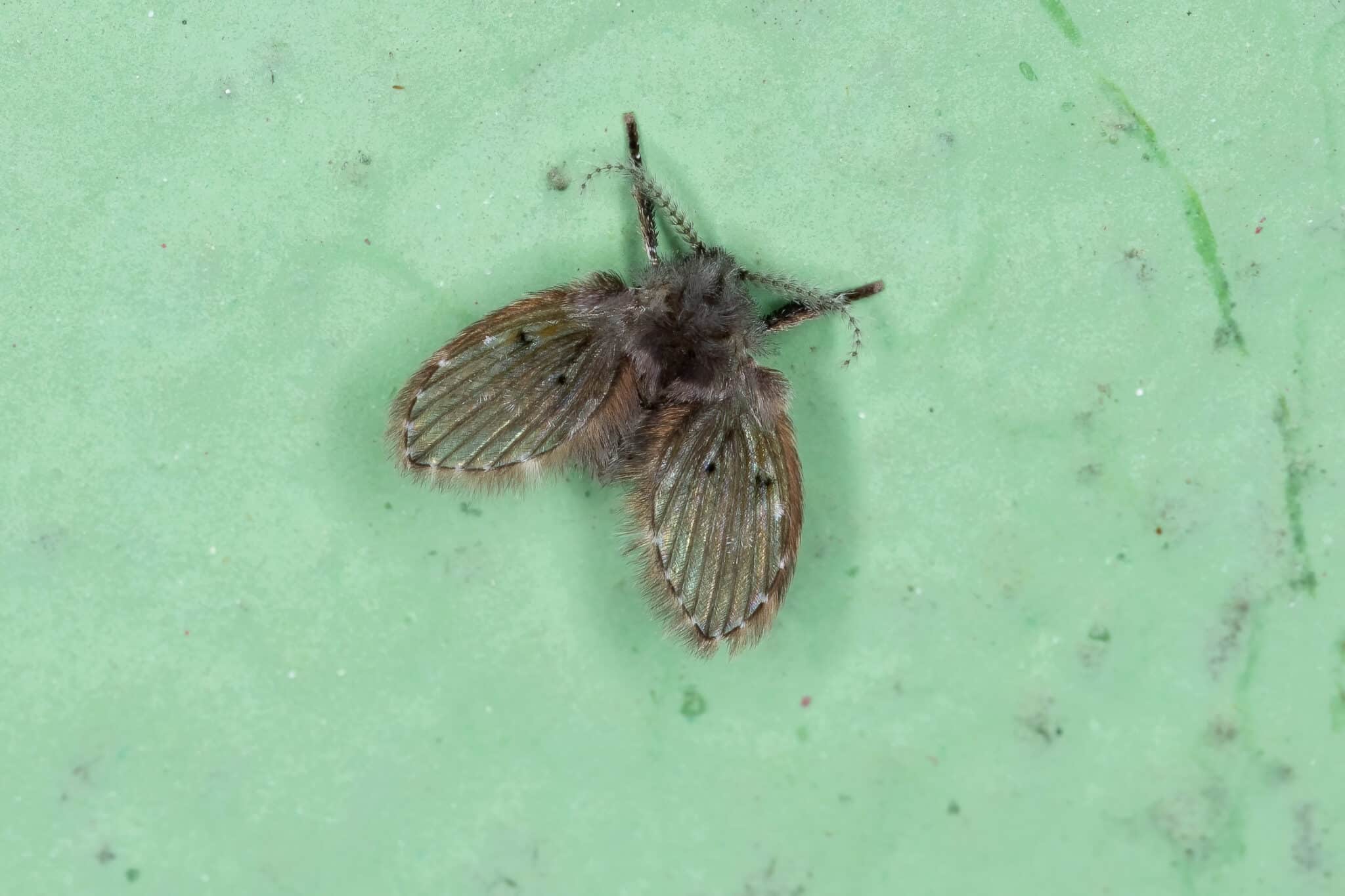
Horse flies are a common pest during the summer months, but understanding their life cycle and seasonal patterns can help us better manage their populations. By taking preventive measures and using effective management strategies, we can reduce the number of horse flies and minimize their impact on our lives and our animals. So next time you wonder when these pesky insects will finally die off, remember that it largely depends on the environmental conditions and the lifecycle stage of the individual horse flies.

